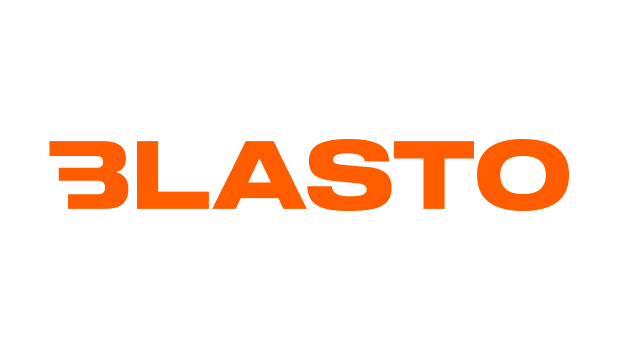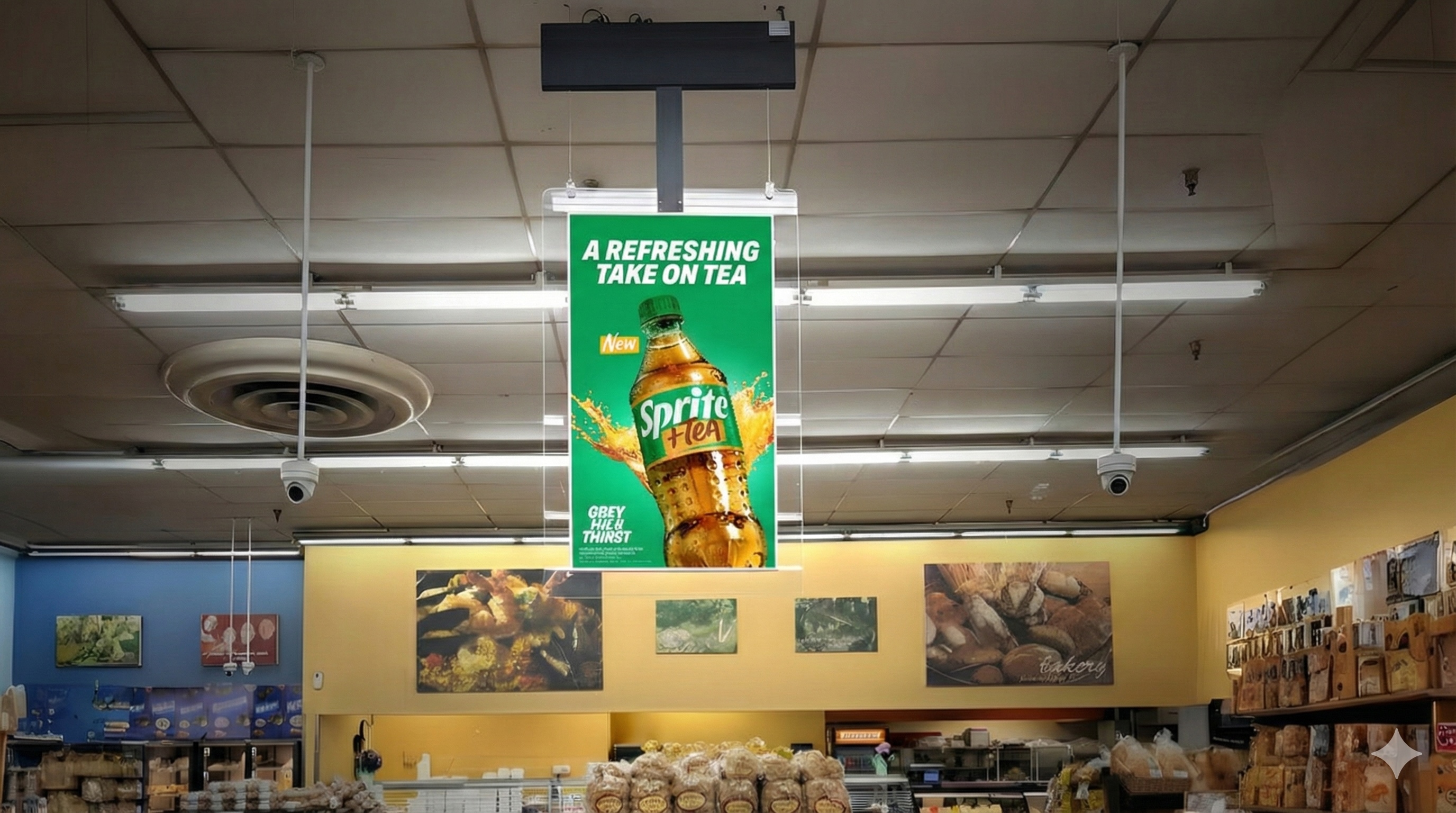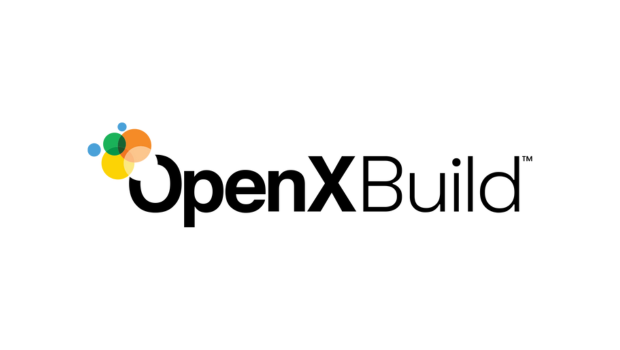fromVariety
10 hours agoNancy Hall Named U.S. CEO of WPP Media
Nancy's unparalleled background and visionary leadership make her the definitive choice to lead WPP Media U.S. Her exceptional track record as a transformative leader in data, technology, programmatic, and analytics has consistently delivered impactful client results, aligning perfectly with our strategic priorities across WPP. This deep expertise, honed in building modern, tech-enabled client organizations, is precisely what WPP Media needs to accelerate our momentum.
Media industry



















